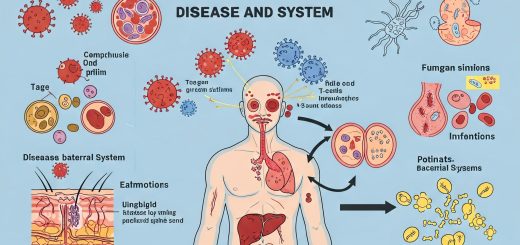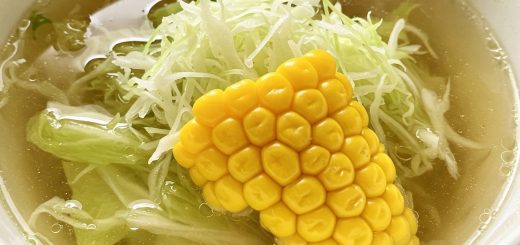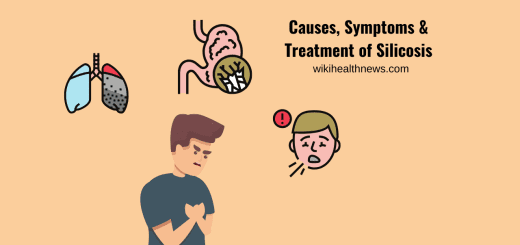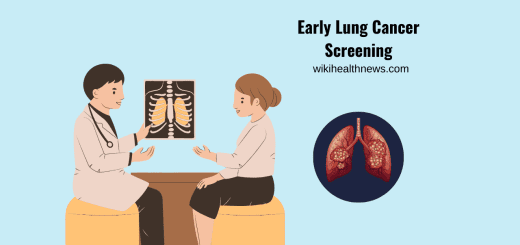KETO DIET : Consult Your Doctor Before You Start
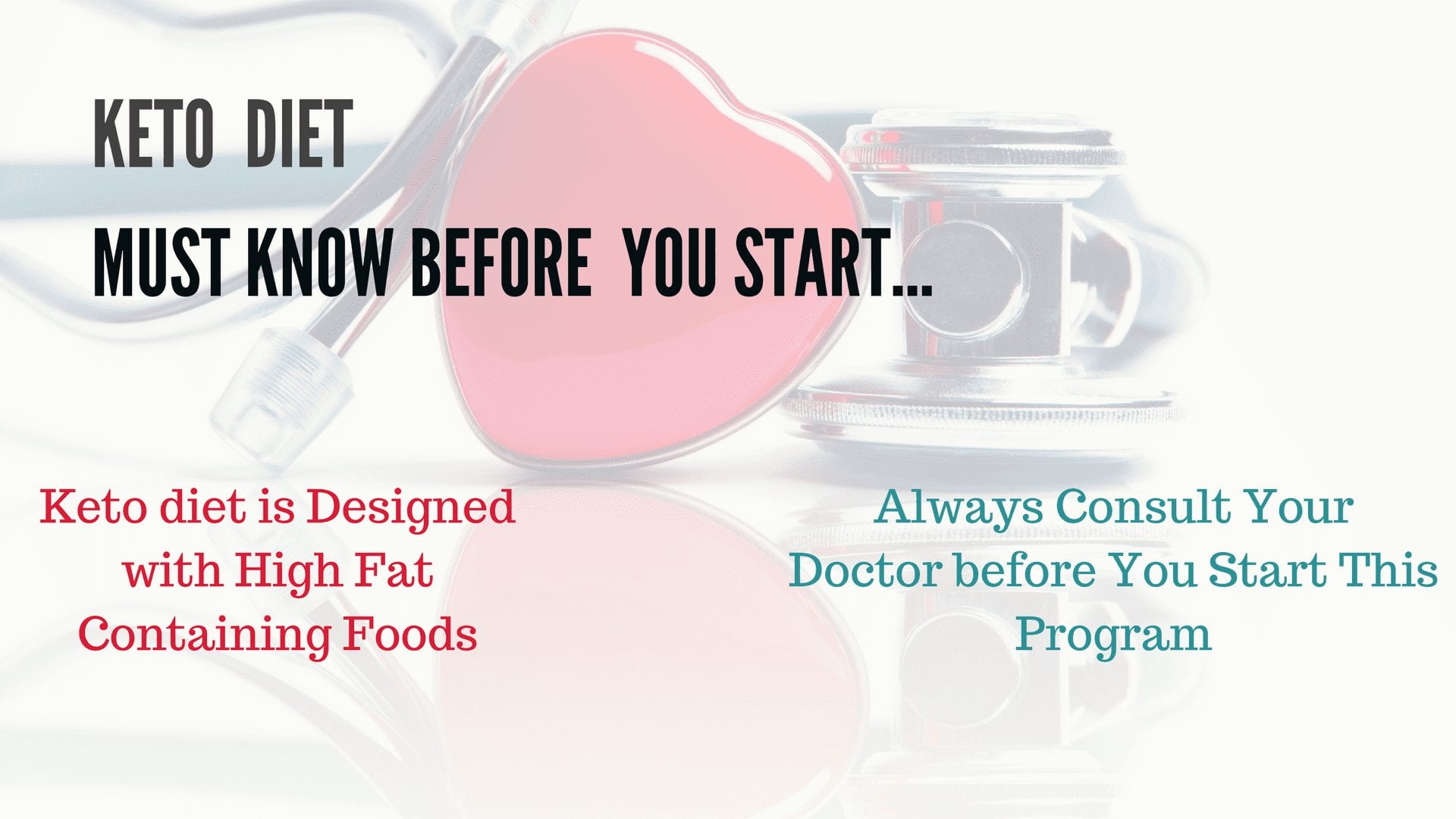
What is KETO DIET?
A KETO diet is a High FAT and Low CARB diet, where the body produces ketones in the liver to be used as energy. It helps to reduce weight but it has some side effects which a person must know before starting this program.
How it works?
In normal diet we take a lot of carbohydrates . Hence , glucose is being used as a primary energy . Typically on a normal, higher carbohydrate diet, the body will use glucose as the main form of energy. By lowering the intake of carbs, the body starts using your stored fats as source of energy and this induce a state known as ketosis. In this way fats get used up and chances of weight loss are there.
Why it is better to consult the doctor before starting the KETO DIET ?
High fat diet and more ketone bodies in the blood may have some harmful effects on the body. If you are having heart disease then better to consult the doctor and avoid extreme diets. Checking your lipid profile also gives an idea about your baseline cholesterol levels before you start high fat diets.
What are the benefits of a Ketogenic Diet ?
- Weight Loss
- Control Blood Sugar
- Feel better
- Reduce Hunger
- Cramps
- Constipation
- Heart Palpitations
- Reduced Physical Performance
What we should not Eat on a KETO DIET?
- Grains – wheat, corn, rice, cereal, etc.
- Sugar – honey, agave, maple syrup, etc.
- Fruit – apples, bananas, oranges, etc.
- Tubers – potato, yams, etc.
What we should Eat on a KETO DIET?
- Meats – fish, lamb, poultry, eggs, etc.
- Leafy Greens – spinach, kale, etc.
- Above ground vegetables – broccoli, cauliflower, etc.
- High Fat Dairy – hard cheeses, high fat cream, butter, etc.
- Nuts and seeds – macadamias, walnuts, sunflower seeds, etc.
- Avocado and berries – raspberries, blackberries, and other low glycemic impact berries
- Sweeteners – low-carb sweeteners
- Other fats – high-fat salad dressing, saturated fats, etc.
What are the Side-effects of high-fat diets?
There might be fatty deposits on the liver, excessive thirst, tachycardia (rapid heartbeat), fatigue, confusion, light-headedness, shakiness, sweating and chills. In addition, women may also experience disruption of periods, which is known as amenorrhoea. In children, these diets have been linked to kidney stones, stunted growth (because of reduced Insulin Growth Factor1), and bone fractures (also related to reduced Insulin Growth Factor 1).






